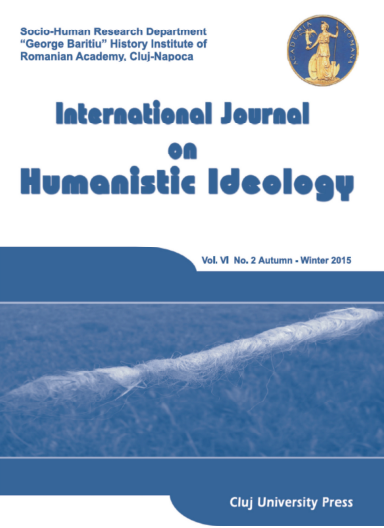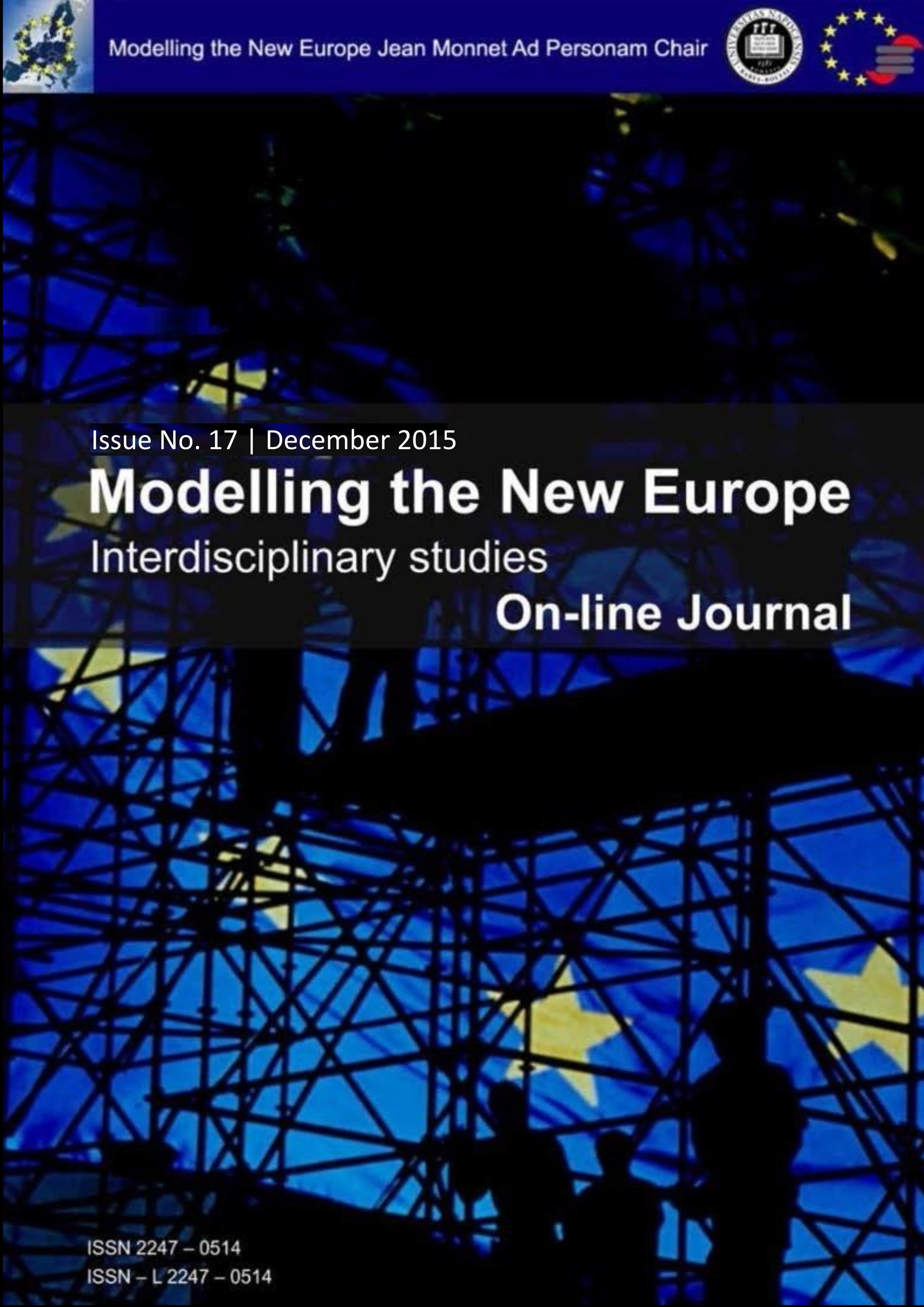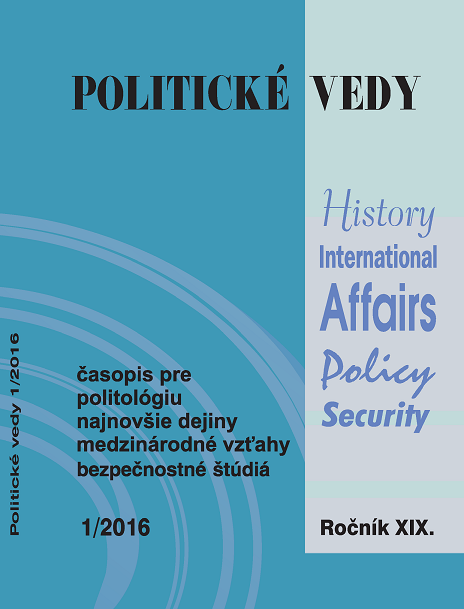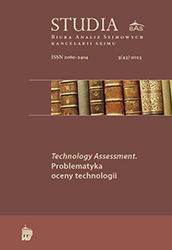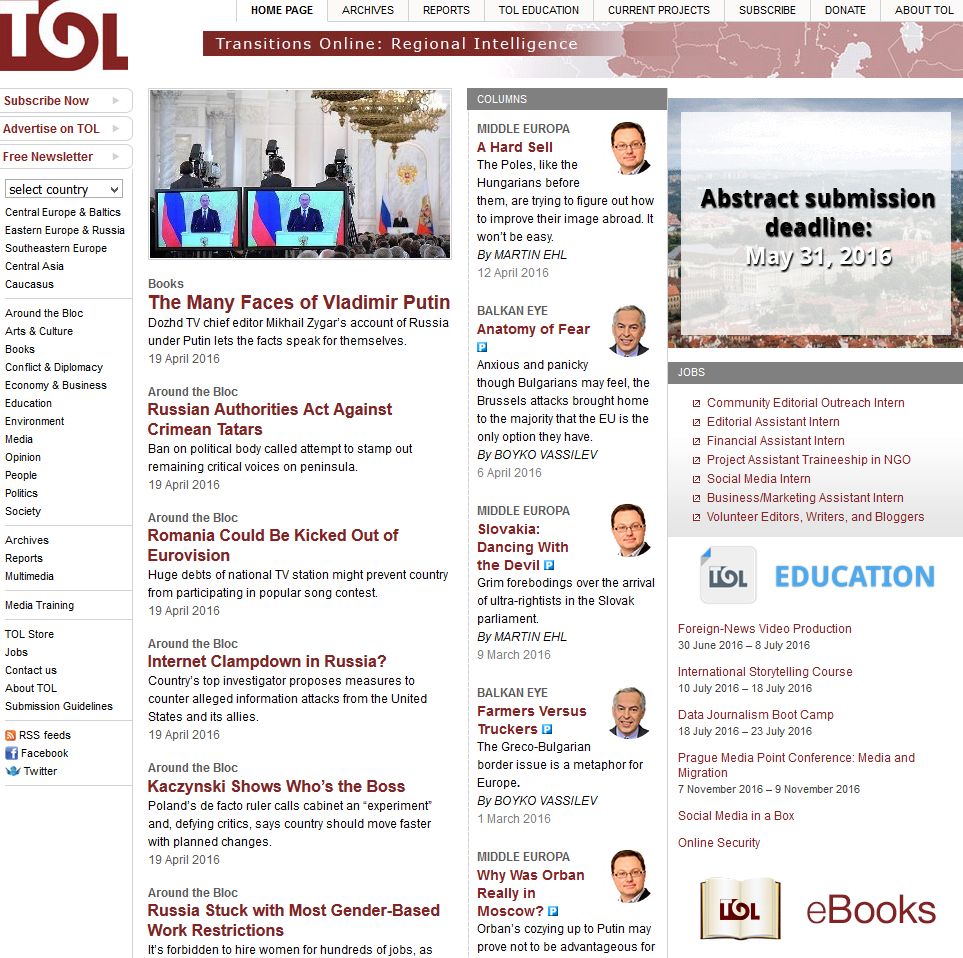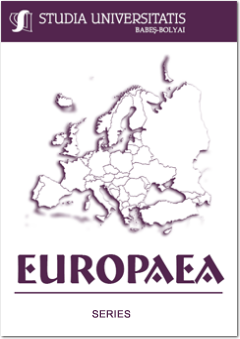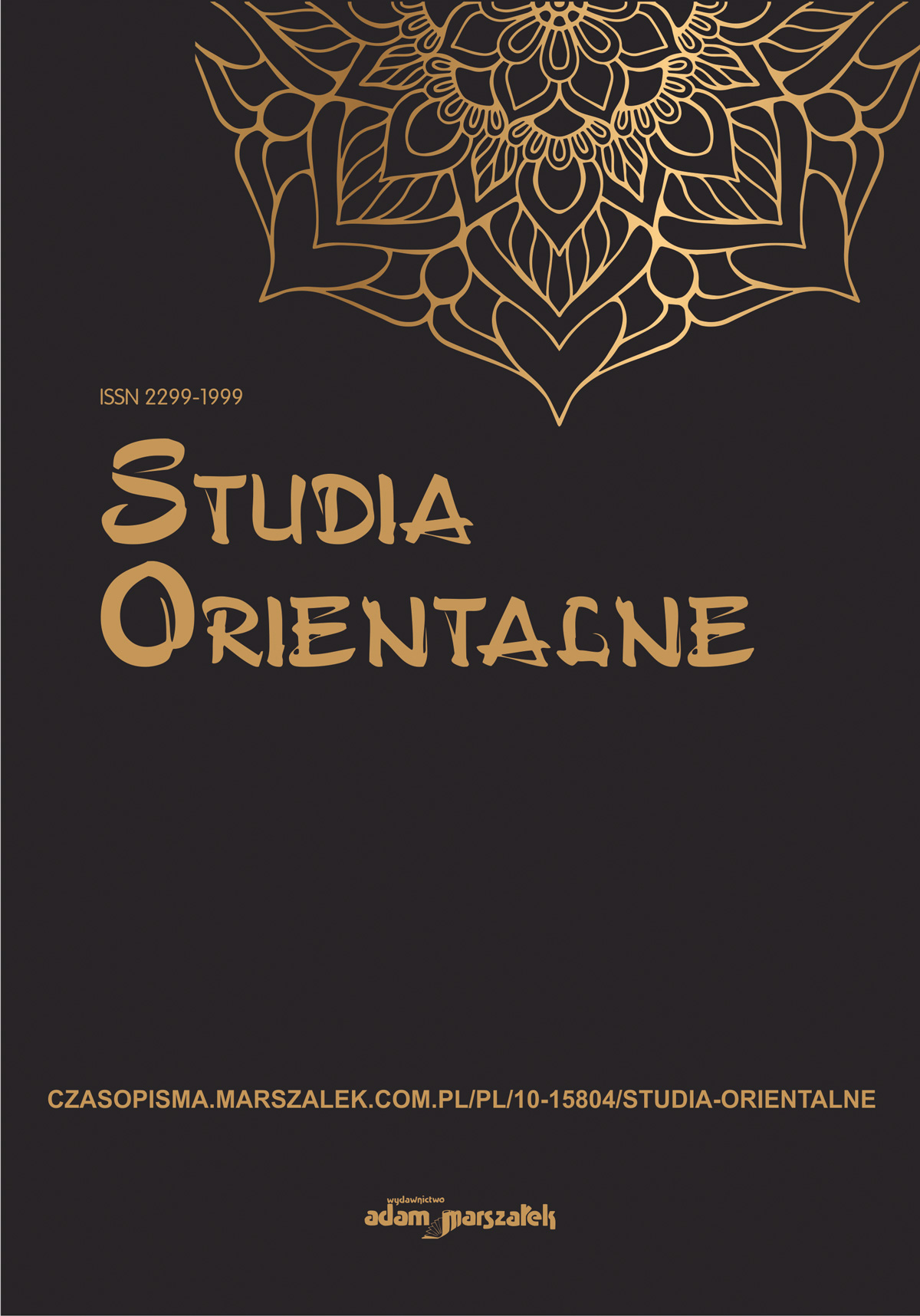TRUST IN POLITICAL INSTITUTIONS IN WESTERN BALKAN COUNTRIES
Trust in political institutions is very important for the stability of society and functioning of democracy, that is, for the legitimacy of democratic regime. The question of legitimacy is especially important for the consolidation of new democracies, such as Western Balkan countries. Since trust in political institutions determines citizens’ willingness to comply with the decisions of these institutions, as well as governability of modern society, vicious circle could develop where low level of trust in political institutions impedes their efficient functioning, contributing to further decline of trust. Starting from the importance of trust in political institutions for the normal functioning of society, this paper explores the levels of trust in these institutions over time in Western Balkan countries, in order to establish whether existing levels of trust could represent an obstacle to governance and further consolidation of democracy.
More...
